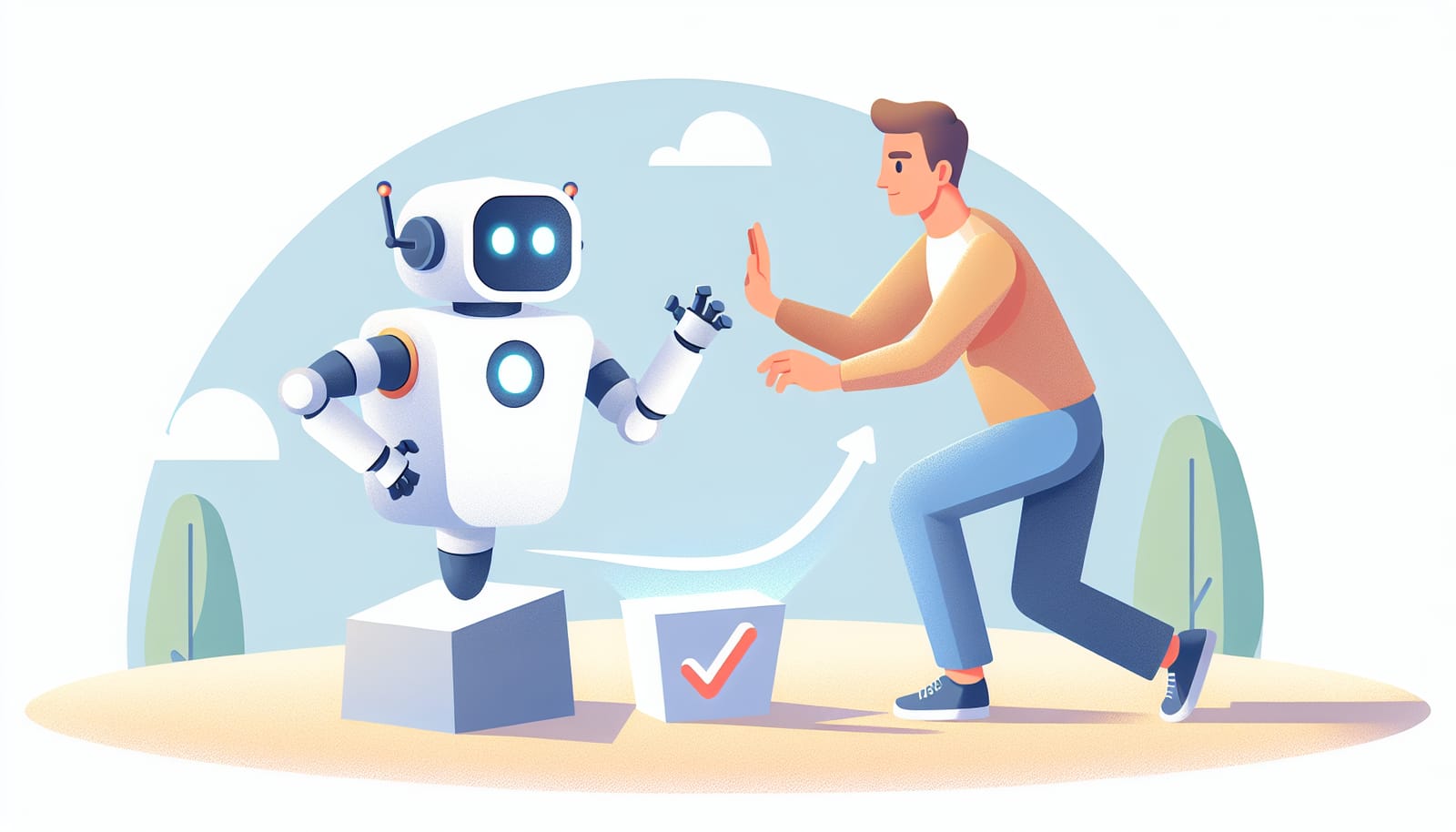Are AI Chatbots Really Changing the World of Work?
Artificial Intelligence (AI) chatbots have been making waves in various sectors, promising to revolutionize the way we work. With the rapid advancements in this technology, many are left wondering: Are these digital assistants really changing the workplace, or is the impact more subtle than we thought? Let’s explore the fascinating world of AI chatbots and their actual influence on our jobs.
The Rise of AI Chatbots in the Workplace
AI chatbots are becoming increasingly common in workplaces around the globe. From customer service to administrative tasks, these digital helpers are designed to make our jobs easier. In Denmark, for example, recent research showed that a significant number of employers have adopted chatbots, with nearly 40% of workplaces using them. The trend is clear: companies are embracing AI tools, and employees are encouraged to utilize them.
Interestingly, when companies actively promote the use of chatbots and provide training, the number of employees using them skyrockets. In fact, the use of chatbots jumped from 47% to 83% when employers supported their adoption. This shift not only makes technology more accessible but also helps bridge the gap between different employee demographics, such as gender, by ensuring everyone is trained and confident in using these tools.
The Quest for Productivity Gains
Despite the widespread adoption of AI chatbots, the anticipated productivity gains have yet to materialize in a significant way. Researchers Anders Humlum from the University of Chicago and Emilie Vestergaard from the University of Copenhagen conducted an in-depth analysis of the impact of chatbots on the workforce. They studied around 25,000 individuals across various job sectors and found that while chatbots are popular, their impact on productivity and wages has been minimal.
The researchers discovered that the average time saved by using chatbots was only about 2.8% of total work hours. This is a far cry from the expected productivity boosts of 15% or more that many had hoped for. So, why the discrepancy? One reason is that while chatbots may shine in specific tasks like coding or customer service, their benefits can be less noticeable in broader job categories, such as education.
The Importance of Supportive Environments
The study also highlighted the significance of what the researchers call “complementary investments.” This means that having the right support and training in place can amplify the benefits of AI chatbots. Employees who received training and encouragement from their employers reported bigger benefits, including improved work quality and enhanced creativity.
This suggests that simply having access to AI tools isn’t enough; organizations need to foster an environment where employees feel comfortable using these tools to their full potential. Companies that actively encourage chatbot use tend to see more significant benefits, such as time savings and improved morale.
The Birth of New Tasks
One of the most intriguing findings from the research is that AI chatbots aren't just making existing tasks easier; they are also creating entirely new tasks. About 17% of employees who used chatbots reported taking on new responsibilities, such as integrating AI into workflows or addressing ethical considerations related to AI use. This phenomenon was more pronounced in workplaces that encouraged chatbot use.
Interestingly, even those who did not use chatbots directly reported new tasks arising from the technology's presence. For example, teachers had to adapt assignments and learn to recognize AI-generated homework. This shift indicates that while AI may be evolving our work, it is also prompting us to think critically about its implications.
The Verdict: A Work in Progress
So, what’s the bottom line regarding the impact of AI chatbots on the workplace? While they have certainly gained popularity, the evidence points to a more nuanced reality. According to the researchers, the current influence of AI chatbots on productivity and labor market outcomes is far from revolutionary. “Despite rapid adoption and substantial investments… our key finding is that AI chatbots have had minimal impact on productivity and labor market outcomes to date,” they concluded.
This situation may evoke memories of the early computer age when technology was widespread yet had not yet changed productivity metrics. The researchers believe that as companies become more adept at integrating AI into their operations, we may begin to see more significant outcomes.
Looking Ahead: The Future of AI in the Workplace
While the immediate impact of AI chatbots may not have lived up to the hype, there is still potential for growth. As businesses become more comfortable with integrating AI into their processes and as employees adapt to new tasks, the influence of chatbots may increase over time.
The journey of AI in the workplace is still unfolding, and it is essential for employees and employers alike to keep an open mind. The technology is evolving, and the possibilities are endless. By embracing AI tools and fostering a supportive environment, companies can pave the way for a future where chatbots and human workers collaborate more effectively.
In conclusion, AI chatbots may not yet be the game-changers we once imagined, but they are certainly shaping the landscape of work. As we continue to explore their capabilities and refine our approach to integrating them into our daily tasks, we may discover that the revolution we’ve been waiting for is just around the corner.


